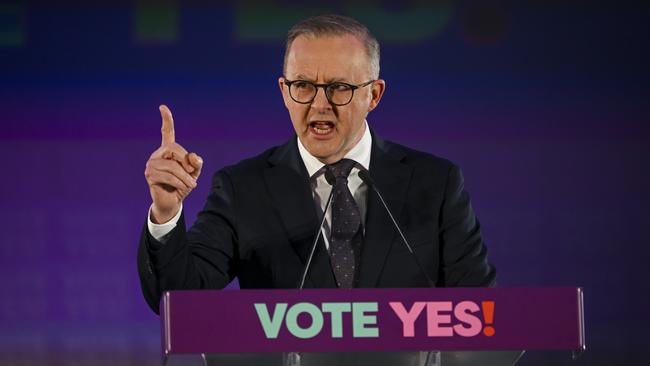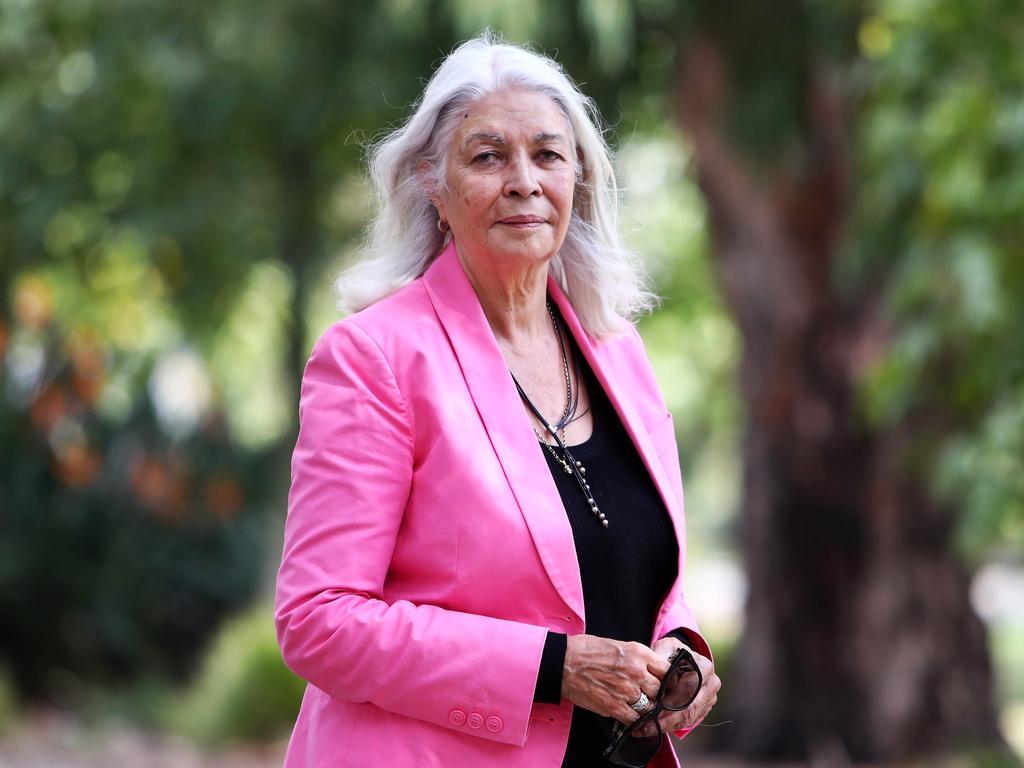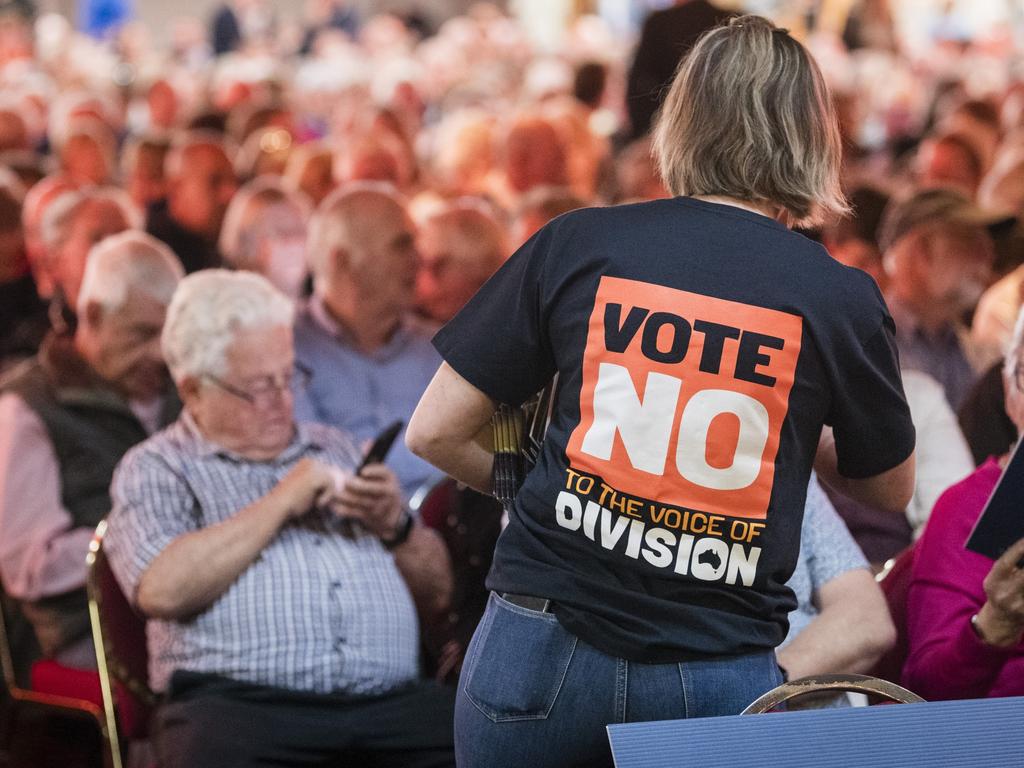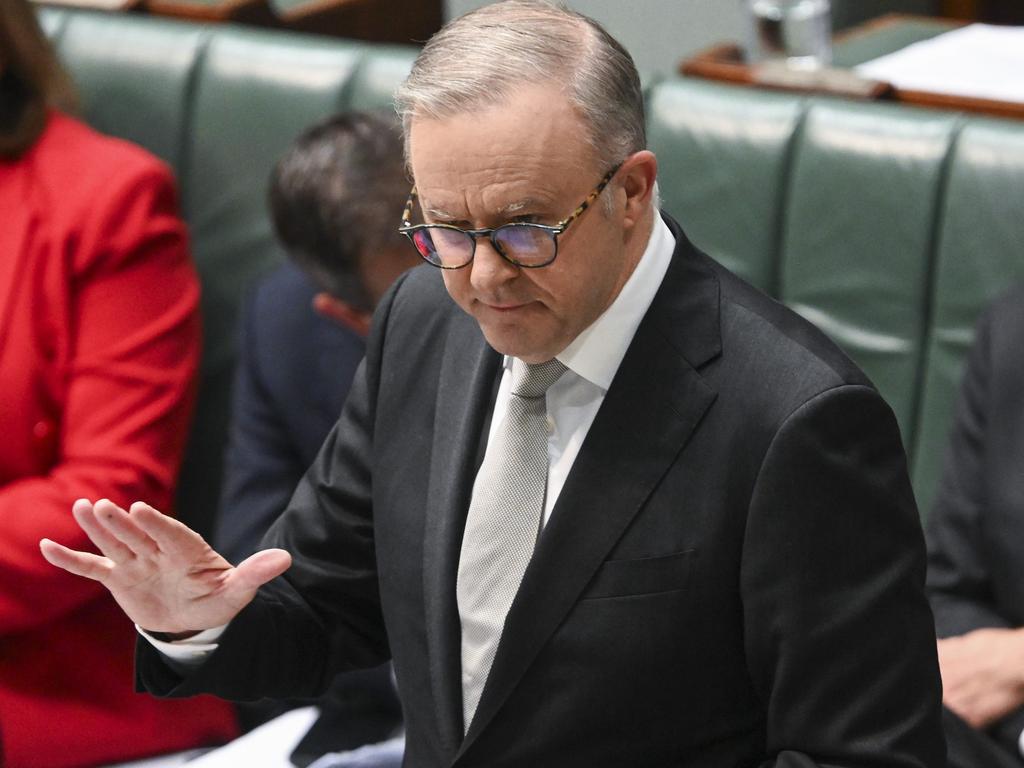Emotional tug of war not useful in making a decision on the voice

From the voice proponents we’ve heard about the health inequities facing Indigenous Australians, 60,000 years of culture, “a modest and gracious request for reconciliation” and the chance to be on the “right side of history”. When hearing these phrases, our emotions are certainly stirred, and rightly so. They are used to “pull” us into voting yes.
Conversely, phrases such as “responding to the harm of colonisation” and “ending the ongoing systemic racism” are emotive appeals employed to “push” us into voting yes. Decisions made on the basis of being emotionally pushed or pulled are, in my opinion, not useful. While they might result in hugs and tears of joy in the short term, in the long term they result in apathy and resentment. There are no winners.
I am not saying we should never appeal to emotion. We are, by our nature, emotional creatures so emotions should and do play an important role. But emotions by themselves are incomplete. In addition to feeling with our hearts, we are able to think with our heads. This is crucial, particularly on serious matters such as the lives of Indigenous Australians and significant changes to the nation’s Constitution. It would seem Anthony Albanese agrees when he states: “This is about the heart, but it’s also about the head.”
A concern I have with the referendum is that some people will be more influenced by their hearts than their heads. That is, they will be more influenced by emotional reasoning than by rational thinking. American psychologist Jonathan Haidt described it as: “The emotional tail wags the rational dog.”
I believe it is good to be moved by the heart, but our actions should be checked by the head. If we don’t, we sometimes reap unintended and harmful consequences. The problem with being led by emotions is that we can sometimes be in so much of a rush to be helpful we fail to see that what we are doing is not helpful.
I am suggesting this is what might be happening with the voice debate. On October 14, many Australians sincerely believe they will be asked to vote on whether they want to end the disproportionate suffering of Indigenous Australians. I do not know of any voter who wouldn’t vote yes to this. However, the referendum question is not asking people to end suffering. The question is: “A Proposed Law: to alter the Constitution to recognise the First Peoples of Australia by establishing an Aboriginal and Torres Strait Islander voice. Do you approve this proposed alteration?”
I have read this question many times and I still don’t fully grasp it. Yet some leading Yes proponents insist “it’s that simple”. Perhaps that last sentence in the referendum question should be “Do you understand this proposed alteration?”
Finally, when it comes to the (mis)use of emotions, some in the No camp also need to revise their strategies. Telling the voting public that if the Yes case wins, it will “tear this nation apart” is nonsense. While such emotive words might have appeal to many of those who are already committed to voting no, it is unlikely to persuade the undecided to vote no.
I ask you to think about what is best for Indigenous Australians and how this relates to the proposed voice to parliament. Think short- and long-term. For me, the link between a Yes vote and helping Indigenous Australians is not clear. But that’s just me thinking with my head, so I will vote no. If the link is clear for you, then I expect you will vote yes, and I respect your right to do so.
Anthony Dillon is an honorary fellow of the Australian Catholic University.







Perhaps the most common question I get asked in regard to the upcoming referendum on the proposed Indigenous voice to parliament is: “Will Yes win?” My response is always the same: “I don’t know. But if it does win, it will be won on emotion.”